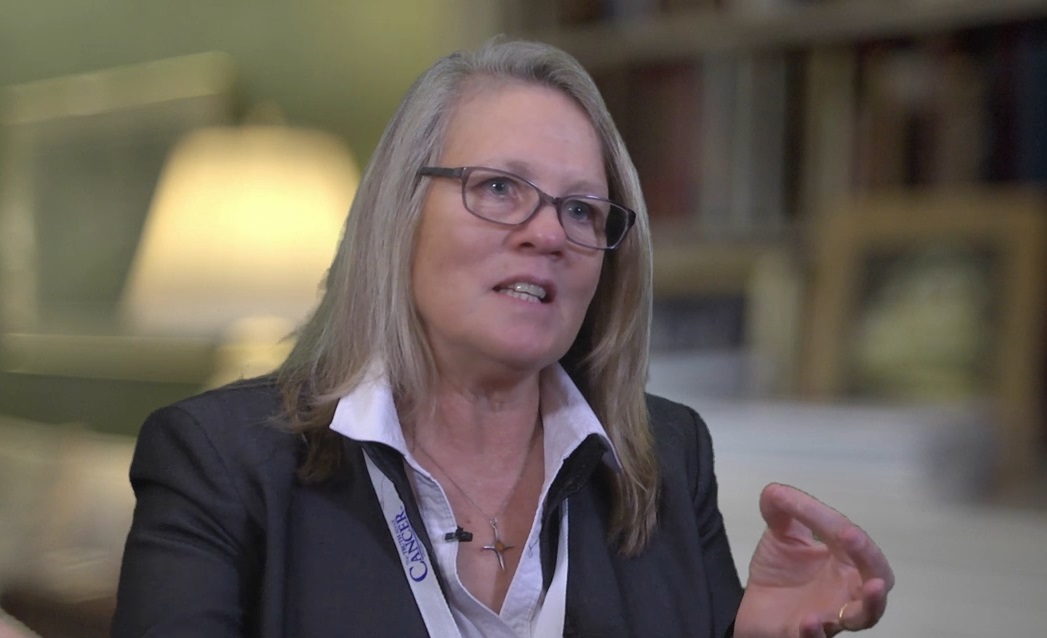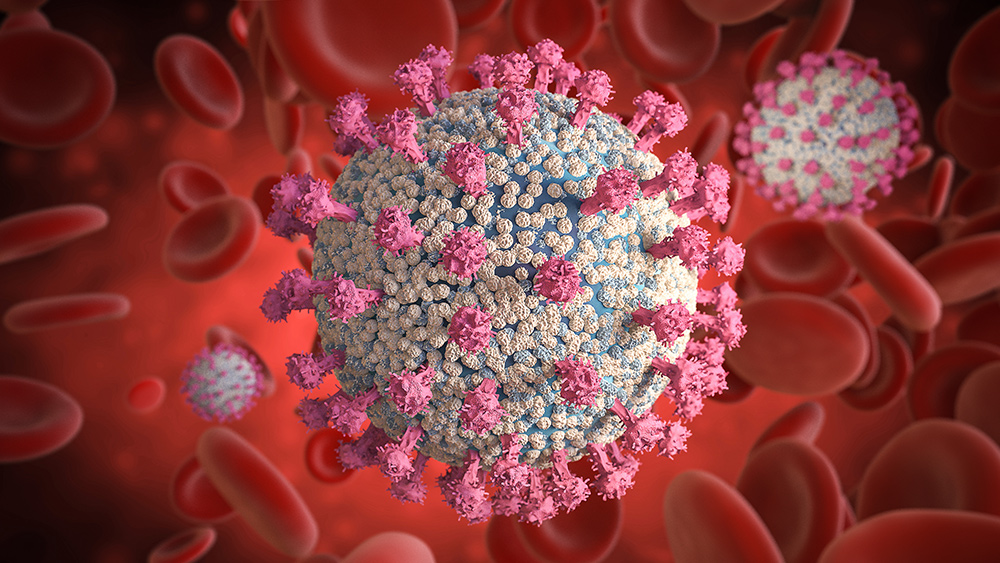Consumer beware: Study reveals toxic “forever chemicals” in pesticides are entering the food supply
10/04/2022 / By Zoey Sky

When consumers buy food from the grocery store, the last thing they think about is if the food is safe to eat. But according to a study, some widely used pesticides contain “disturbingly high levels of per- and polyfluoroalkyl substances (PFAS).”
These findings contradict previous statements by the Environmental Protection Agency (EPA) that PFAS are not used in registered pesticide products. In line with this, the Public Employees for Environmental Responsibility (PEER) urged the EPA to act immediately and ban the use of any pesticide containing PFAS.
The study published in the Journal of Hazardous Materials Letters is titled “Targeted Analysis and Total Oxidizable Precursor Assay of Several Pesticides for PFAS.”
Researchers who conducted the study found that perfluorooctanesulfonic acid (PFOS) in six out of 10 tested insecticides at incredibly high levels, ranging from 3,920,000 to 19,200,000 parts per trillion (ppt). Last June, the EPA updated its Health Advisory for PFOS to 0.02 ppt. PFOS is one of the two legacy PFAS that is no longer manufactured in the United States.
They also found that PFAS are being taken up into the roots and shoots of crops. This means these harmful chemicals are entering the food supply through contaminated soils. Because PFAS are “forever chemicals,” this contamination will last for many years even after PFAS is removed from pesticides.
A non-targeted PFAS analysis suggests that there are many more additional unknown PFAS in seven out of 10 tested insecticides.
Contamination spread from the ingredients in pesticides
PEER Science Policy Director Kyla Bennett, a scientist and attorney formerly with EPA, explained that if “the intent was to spread PFAS contamination across the globe there would be few more effective methods than lacing pesticides with PFAS.”
She noted that one of the pesticides containing PFAS is malathion, one of the most commonly applied insecticides in the world. Bennett also warned that the study results highlight an “appalling regulatory breakdown by EPA.” (Related: Toxic “forever chemicals” are contaminating Florida oysters.)
Last Sept. 1, the EPA removed 12 PFAS from the agency’s approved list of inert ingredients for pesticides.
According to the EPA announcement, these PFAS are no longer used in any registered pesticide products. But the study shows that the PFAS problem in pesticides affects more that the inert ingredients.
This contamination isn’t due to contaminated barrels but from the ingredients of the pesticides themselves.
Bennett added that this research “has alarming implications that demand immediate regulatory action. EPA must test all pesticides, and immediately ban the use of pesticides that contain PFAS.” She also warned that the EPA can no longer rely on voluntary manufacturer testing.
With this level of absorption by plants, someone person could absorb a lifetime dose of PFAS just by eating one salad made with produce treated with these pesticides.
The study’s detection of unknown PFAS implies that many of the PFAS being detected fall outside the very narrow definition that the EPA is developing for regulatory purposes.
PEER has been urging EPA to address all PFAS as a category instead of continuing its present chemical-by-chemical approach for the hundreds of PFAS currently in use and the unknown number of these chemicals still in development.
Shop safely: How to protect your family against PFAs
It isn’t possible to completely eliminate exposure to PFAS because they are so widespread in the environment.
But here are some tips on how to reduce your family’s exposure to these chemicals:
- If you live in a community with water contamination, use a water filter that is certified to remove PFAS. Th??ese filters must be carefully maintained to be effective. If you’re not sure, check the manufacturer instructions. You can also consult your local water system to find out if the PFAS levels in your community have been reduced through filtration or changing the water source.
- If you live in an area with PFAS concerns, use pre-mixed baby formula or mix it using alternative water sources that don’t contain PFAS.
- Always check local fish advisories before eating locally-sourced fish or seafood.
- Since PFAS and other chemicals can build up at home, dust regularly using a wet mop or wet cloth on solid surfaces. Vacuum carpets regularly.
- If you use nonstick pots and pans that are cracked or chipped, replace them with safer alternatives for cooking like iron or stainless steel pans.
- Don’t buy popcorn in microwavable bags. Instead, purchase corn kernels and pop them on the stovetop.
- Try to eat less fast food since many takeout containers are coated with PFAS.
Check food products before purchasing to prevent exposure to “forever chemicals.”
Visit Chemicals.news for news about harmful chemicals like PFAS.
Watch the video below to know more about PFAS.
This video is from the Finding Genius Podcast channel on Brighteon.com.
More related stories:
EPA to designate two “forever chemicals” as hazardous substances.
Studies find that exposure to “forever chemicals” INCREASES risk of catching COVID.
“Forever chemicals” from biosludge fertilizers threaten existence of farms in Maine.
Sources include:
Submit a correction >>
Tagged Under:
agriculture, clean food watch, crops, discoveries, environment, EPA, food supply, forever chemicals, franken food, grocery, PAEs, perfluoroalkyl, PFAS, poison, polyfluoroalkyl, products, toxic chemicals
This article may contain statements that reflect the opinion of the author
RECENT NEWS & ARTICLES
COPYRIGHT © 2017 CANCER CAUSES NEWS




















